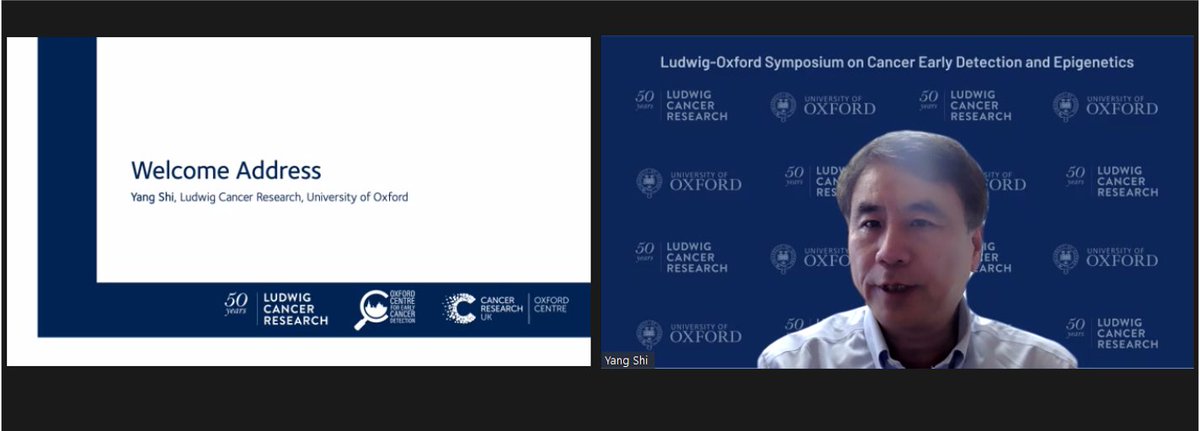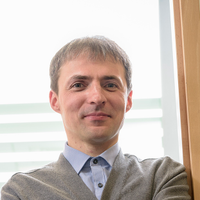
Skirmantas Kriaucionis
@sk_kriaucionis
ID: 1100680973317013504
27-02-2019 08:56:08
43 Tweet
137 Followers
57 Following
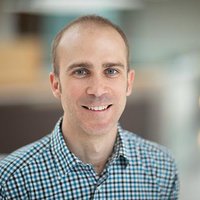

Perspective on exciting work by Kasper Fugger et al from Stephen West group in Crick. Where does modified bases go after DNA repair kindly asks them to leave DNA? How it could help to treat cancer? science.sciencemag.org/content/372/65…

So pleased to see our work on BAP1, H2AK119ub1, and gene regulation out today Genes & Development . A great team effort from Dr Nadya Fursova Neil Blackledge @ahturberfield @AnnaLastuvkova Miles Huseyin @PaulaDobrinic! Well done everyone! #Polycomb genesdev.cshlp.org/content/early/…
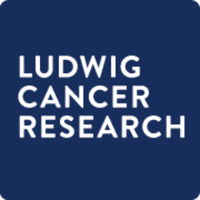
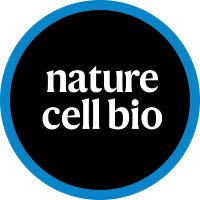
Read the News&Views by Skirmantas Kriaucionis Skirmantas Kriaucionis: LKB1 cooperates with Sox17 to drive metastasis free access: rdcu.be/cruJp nature.com/articles/s4155…



Great opportunity for a Post-Doc Research Scientist in Skirmantas Kriaucionis and Stefan Constantinescu’s groups at Ludwig Nuffield Department of Medicine. Apply by December 6 bit.ly/3wuSDp0
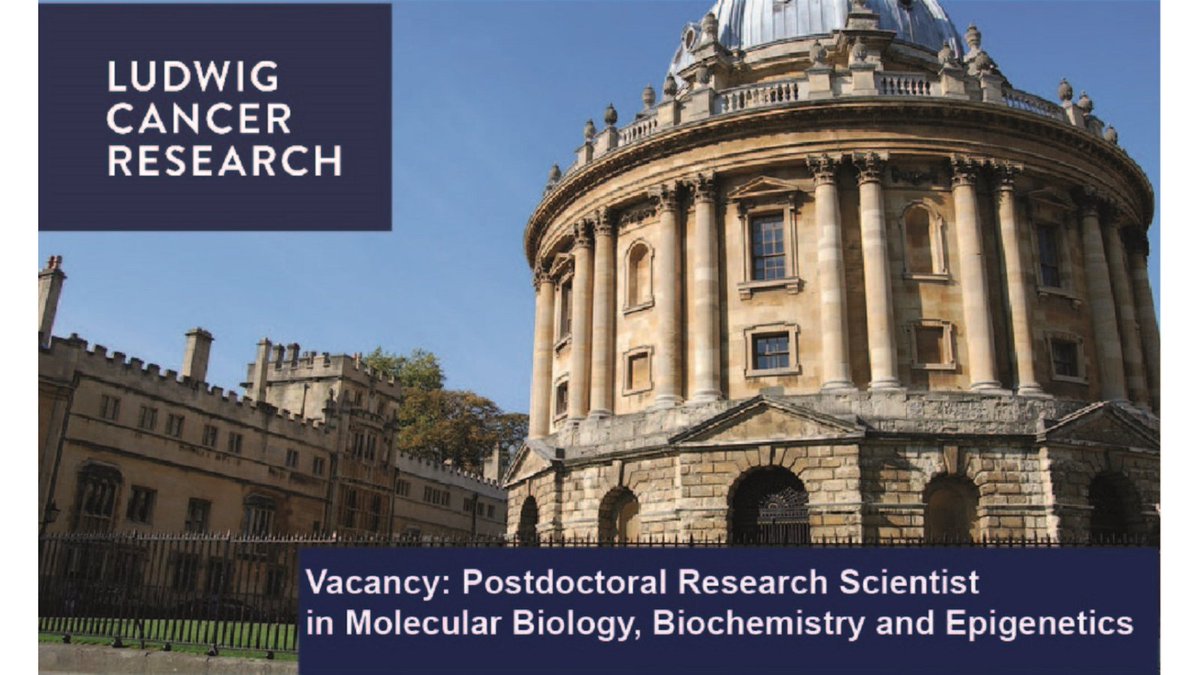

Great to see the final version of Neil’s Neil Blackledge review out! #polycomb



Do [CA]n (CA repeats) mediate MeCP2 function? Follow this thread to know more 🧵 Our recently published critique ⚠️ of a Science Magazine article with open, constructive and fair peer review in LifeScienceAlliance 🙏 to all co-authors @WTcell Skirmantas Kriaucionis life-science-alliance.org/content/5/12/e…


Postdoctoral Computational Biologist position available in Parinaz Mehdipour’s group in cancer epigenetics and epitranscriptomics at Ludwig University of Oxford. Apply by November 23 bit.ly/3DC44Az
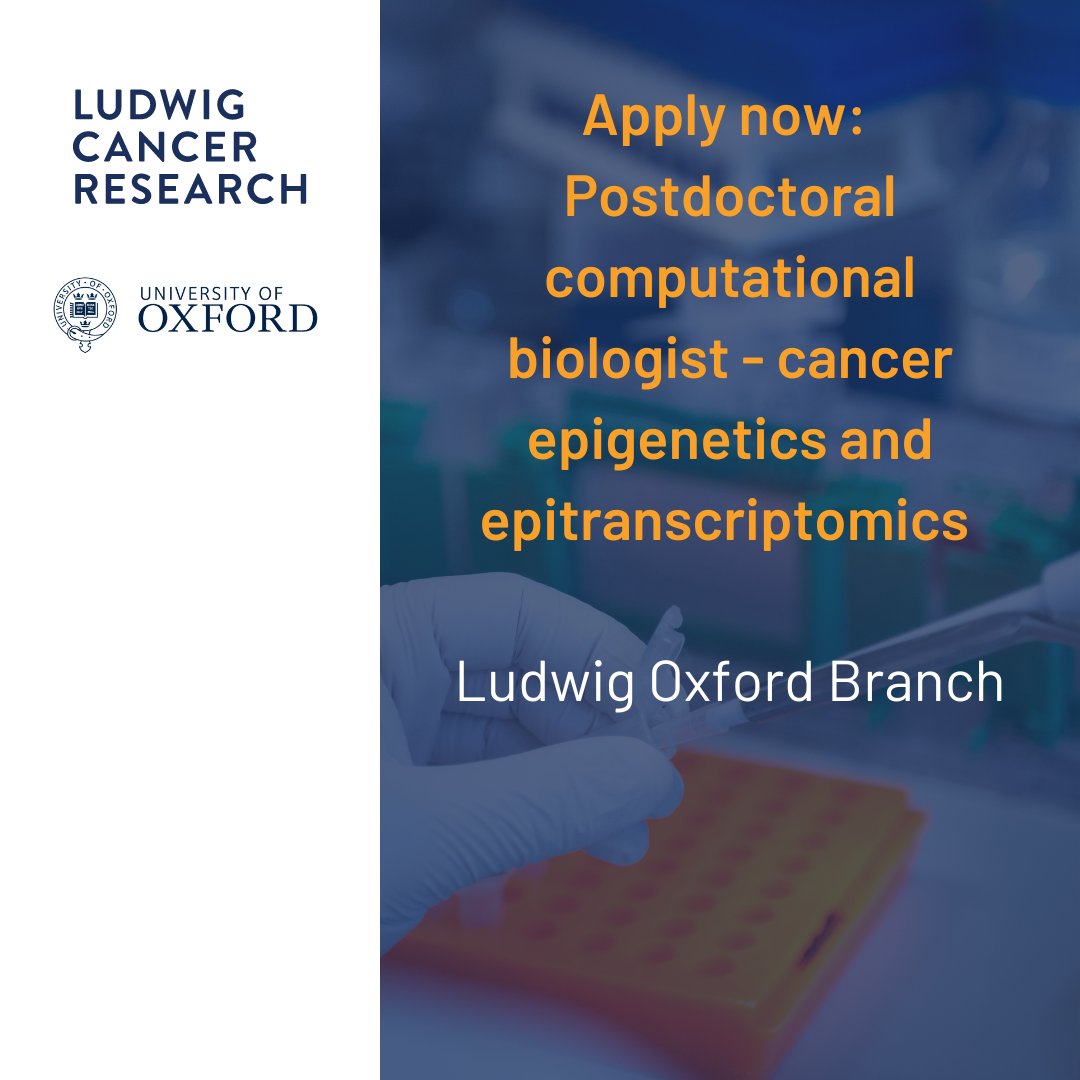
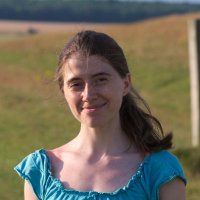
Why have so few cancer driver mutations been characterized in the non-coding genome so far? Excited to share our method Dr.Nod, where we use tissue-matched epigenome as a key to unlock the mystery of non-coding cancer drivers. 🧬🗝️ Nucleic Acids Res [1/23]🧵 academic.oup.com/nar/advance-ar…

I’m very proud of Amy Hughes and the rest of the team Department of Biochemistry at Oxford University on the final published version of our paper Nature Communications !🍾🎉 nature.com/articles/s4146… a few details about the paper below if you are interested👇






